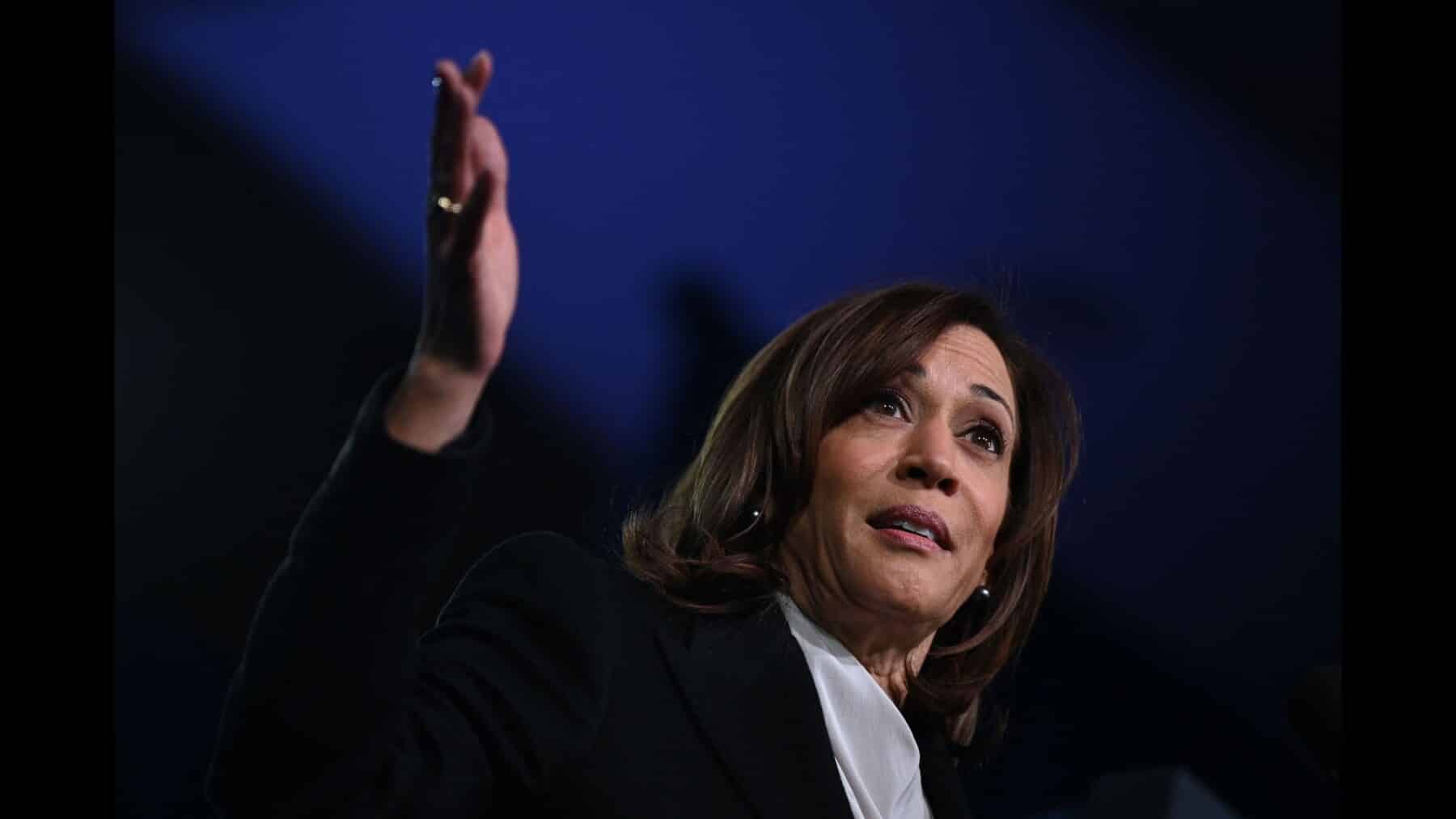President Recep Tayyip Erdogan raised eyebrows on Friday as he accused Turkey's highest court, the Constitutional Court, of making repeated mistakes. Erdogan defended an unusual criminal investigation targeting judges, further intensifying the ongoing clash between the Constitutional Court and the Supreme Court of Appeals.
The tumultuous relationship between the two courts has pushed Turkey to the brink of a judicial crisis, drawing attention to Western concerns regarding the state of the rule of law in this key NATO member. The standoff adds a layer of complexity to the geopolitical landscape, raising questions about the stability of institutions and the adherence to democratic principles in Turkey.
Erdogan's accusations against the Constitutional Court, a critical pillar of the country's legal system, signal a widening rift within Turkey's judicial framework. The unprecedented criminal investigation targeting judges has heightened tensions and underscored the challenges faced by Turkey in maintaining a robust and independent judiciary.
As the clash continues, Western observers express growing unease about the implications for the rule of law in Turkey, a country strategically positioned within the NATO defense organization. The situation prompts scrutiny of Turkey's commitment to democratic values, with potential ramifications for its standing in the international community.
The evolving judicial crisis in Turkey serves as a reminder of the delicate balance between executive power and the independence of the judiciary, with broader implications for the nation's democratic institutions and its relationships with Western allies.




















